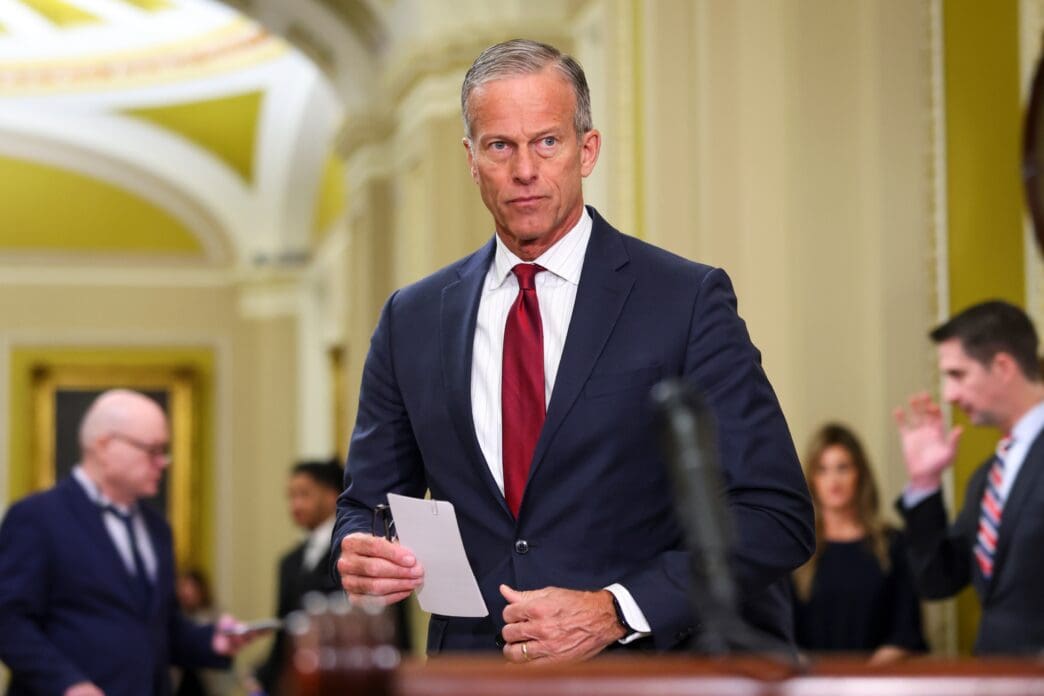Executive Summary
The Story So Far
Why This Matters
Who Thinks What?
Republican leaders in Congress are firmly rejecting President Donald Trump’s recent demand to eliminate the legislative filibuster, despite the ongoing government shutdown. Senior GOP figures, including Senate Majority Leader John Thune and House Speaker Mike Johnson, have reiterated their commitment to preserving the Senate rule, which they argue serves as a crucial safeguard for the minority party.
GOP Leaders Unmoved by Trump’s Call
The clear signal from Capitol Hill came on October 31, 2025, just hours after President Trump publicly urged the Senate to end the filibuster as a means to resolve the 31-day stalemate. A spokesman for Senator Thune stated that the leader’s position on the importance of the legislative filibuster remains “unchanged,” echoing a long-held view among many in Senate leadership.
Even House Speaker Mike Johnson, who typically aligns with Trump, offered a cautious defense of the filibuster. Johnson acknowledged that the issue falls under the Senate’s purview but emphasized its traditional role as a “very important safeguard.” He warned that its elimination could lead to Democrats passing “extreme measures” if they regain control of the upper chamber.
Filibuster’s Role and Republican Opposition
Johnson specifically cited concerns that ending the filibuster could enable actions such as packing the Supreme Court, granting statehood to Puerto Rico and Washington D.C., and banning firearms. He characterized President Trump’s late-night post on Truth Social as an “expression of the president’s anger at this situation,” rather than a viable legislative strategy.
The legislative filibuster, unique to the Senate, empowers the minority to block legislation from a vote if at least 41 senators oppose it. Proponents argue that this 60-vote threshold encourages compromise and prevents the enactment of highly partisan reforms.
Lack of Support Within Senate GOP
The swift rejection from congressional Republicans underscores a significant political reality: there is minimal support within the Senate GOP conference for eliminating the filibuster. Taking the so-called “nuclear option” would require near-unanimity among Republicans, given that they could only afford to lose three votes from their own party if all Democrats oppose the move.
Several Republican senators have publicly reaffirmed their opposition to ending the rule. Freshman Senator John Curtis of Utah stated on X, “The filibuster forces us to find common ground in the Senate. Power changes hands, but principles shouldn’t. I’m a firm no on eliminating it.” Senator Roger Marshall previously called the idea a “non-starter,” emphasizing its role in protecting the rights of the minority.
A Deepening Split
This rare public disagreement between President Trump and congressional Republican leadership highlights a deepening split amidst the escalating pressures of the government shutdown. While President Trump seeks a swift resolution by altering Senate rules, GOP leaders remain steadfast in their defense of the filibuster as a foundational element of the legislative process.








